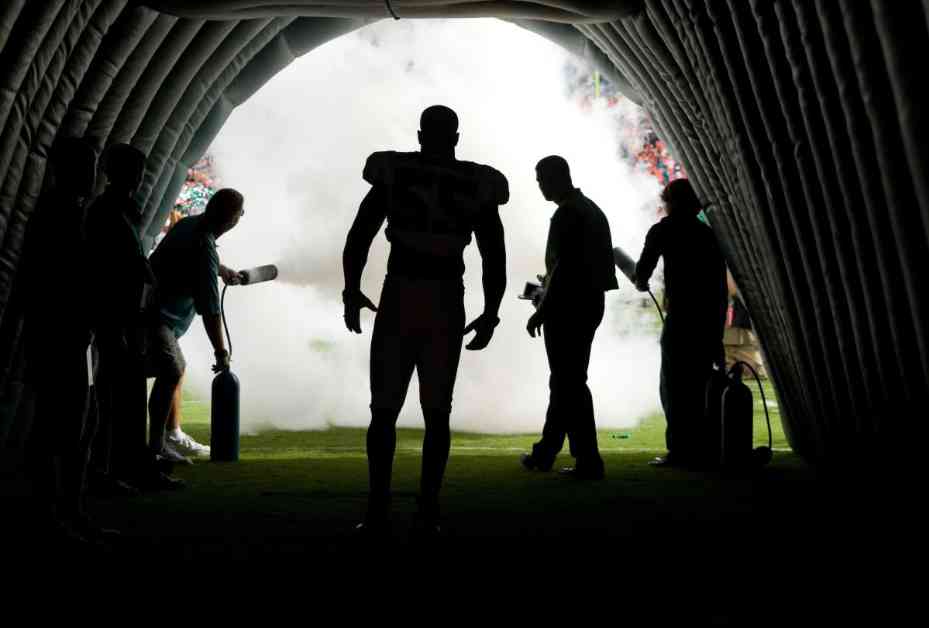As fantasy football drafters, we all hope that our early-round picks will be the cornerstone of our teams, leading us to fantasy glory. However, sometimes these top picks end up being major disappointments, failing to live up to expectations for various reasons. Injuries are an unfortunate part of the game that we can’t control, but what about the players who simply don’t perform as expected despite being drafted in the first few rounds?
Looking back at the characteristics of early-round busts in fantasy football, we can see some common themes emerge. When examining running backs who have underperformed after being drafted in the first two rounds from 2015-2023, factors such as poor offensive lines, lack of targets, and simply not being very good at football have contributed to their disappointing seasons.
For example, players like Eddie Lacy, C.J. Anderson, and Lamar Miller all struggled due to issues such as poor offensive lines, low target shares, and overall lackluster performance. On the other hand, some running backs like Jay Ajayi and DeMarco Murray faced challenges with inefficient offenses and subpar quarterback play, leading to their fantasy bust status.
Similarly, wide receivers like Randall Cobb, DeAndre Hopkins, and Amari Cooper have also faced struggles with bad offenses, poor quarterback play, and their own performance issues. Despite their talent, these players have failed to meet the high expectations that come with being drafted in the early rounds of fantasy football drafts.
As we look ahead to the 2024 season, it’s important to consider these factors when drafting your fantasy team. Pay attention to offensive lines, target shares, and the overall quality of the offense when selecting your early-round picks. By avoiding players who are set up for failure due to these common themes, you can give yourself a better chance of success in fantasy football.
In conclusion, understanding the common reasons why early-round draft picks bust in fantasy football can help you make smarter decisions when building your team. By focusing on players who are in favorable situations and avoiding those who are at risk of underperforming, you can increase your chances of having a successful fantasy season. Remember, it’s not just about talent – it’s also about the supporting cast and the situation a player is in that can make all the difference in fantasy football success.












